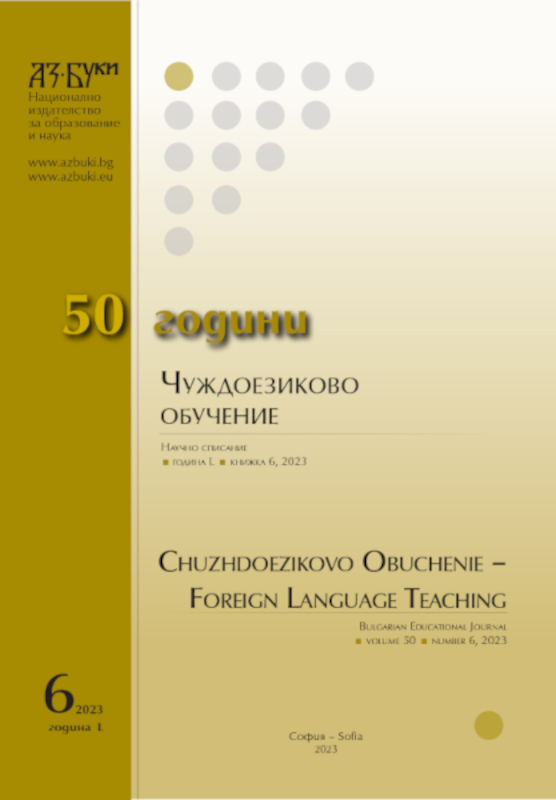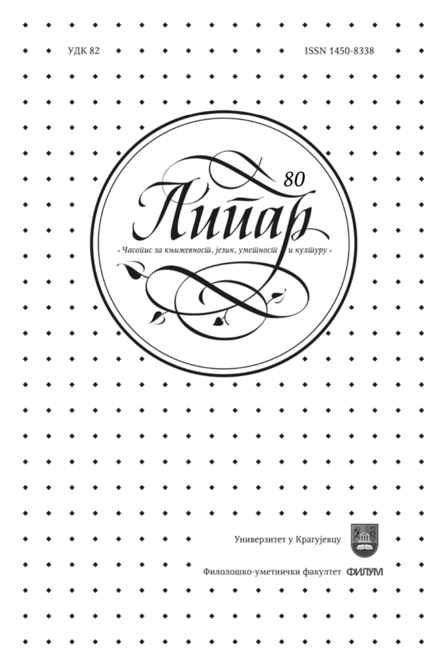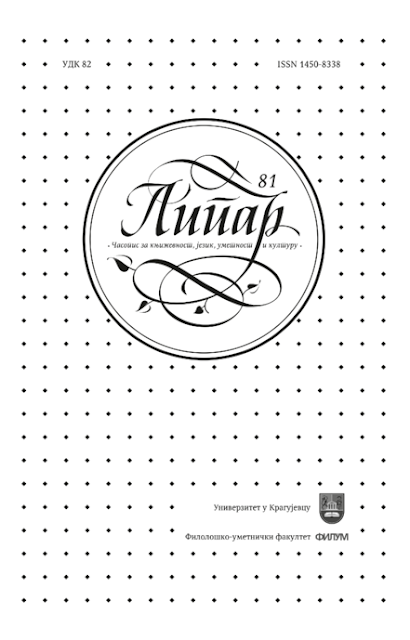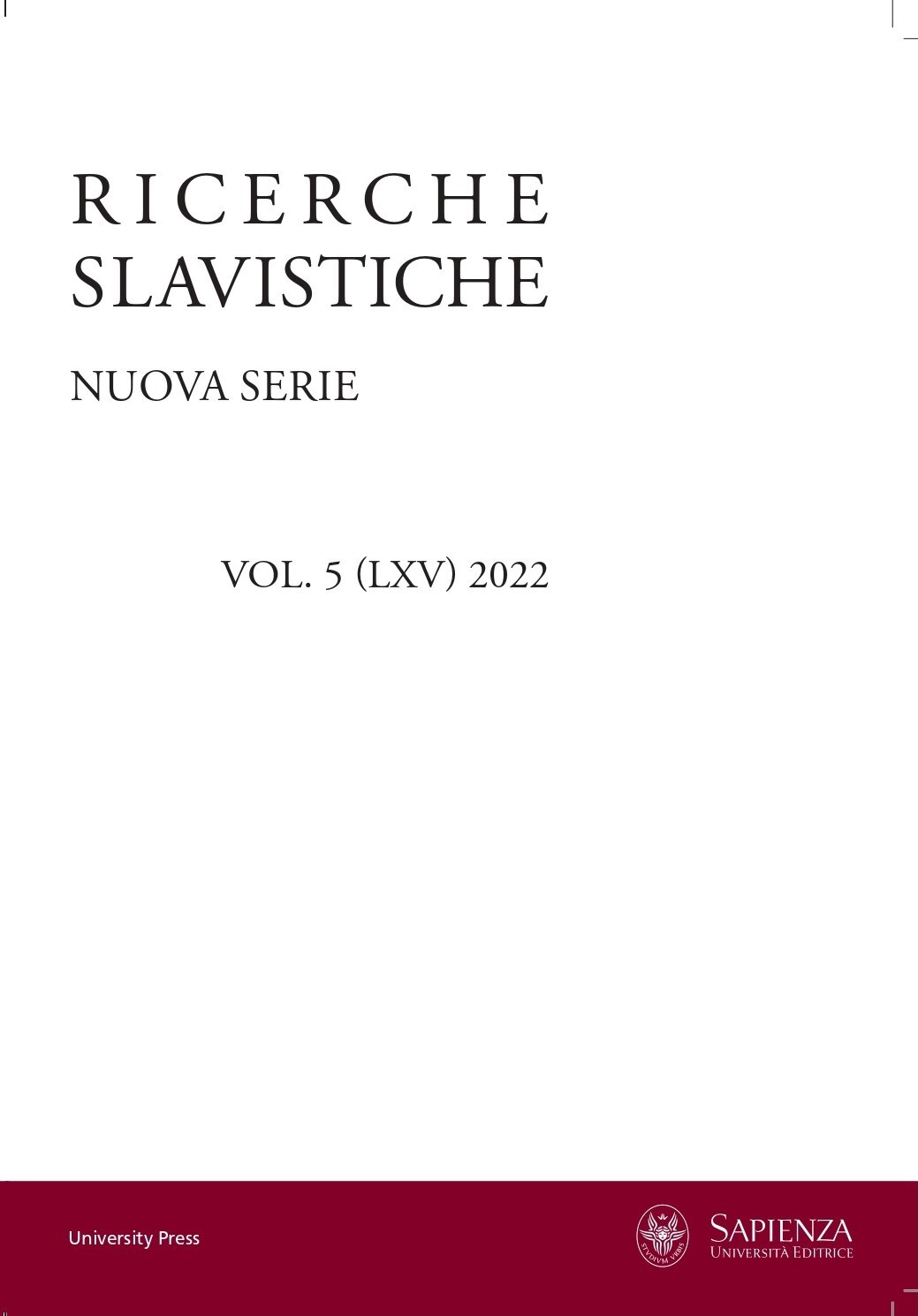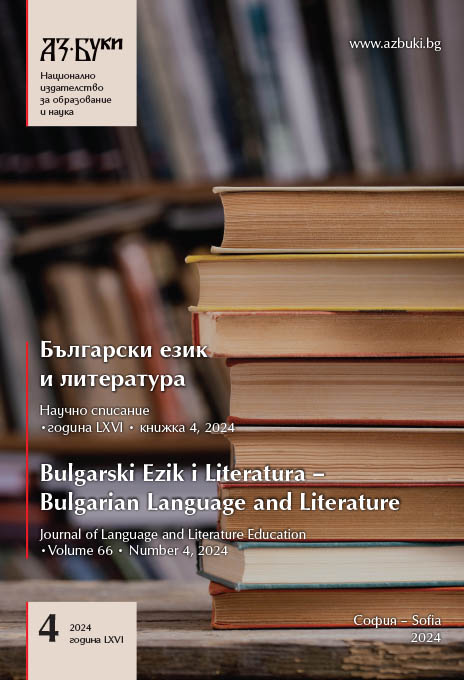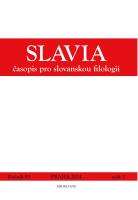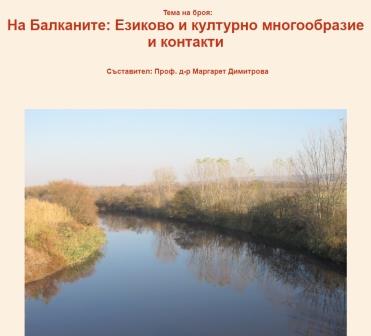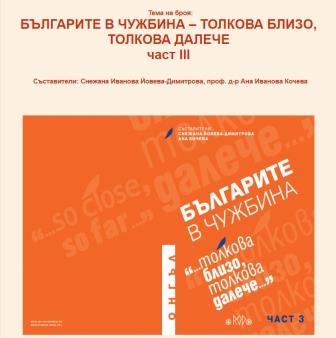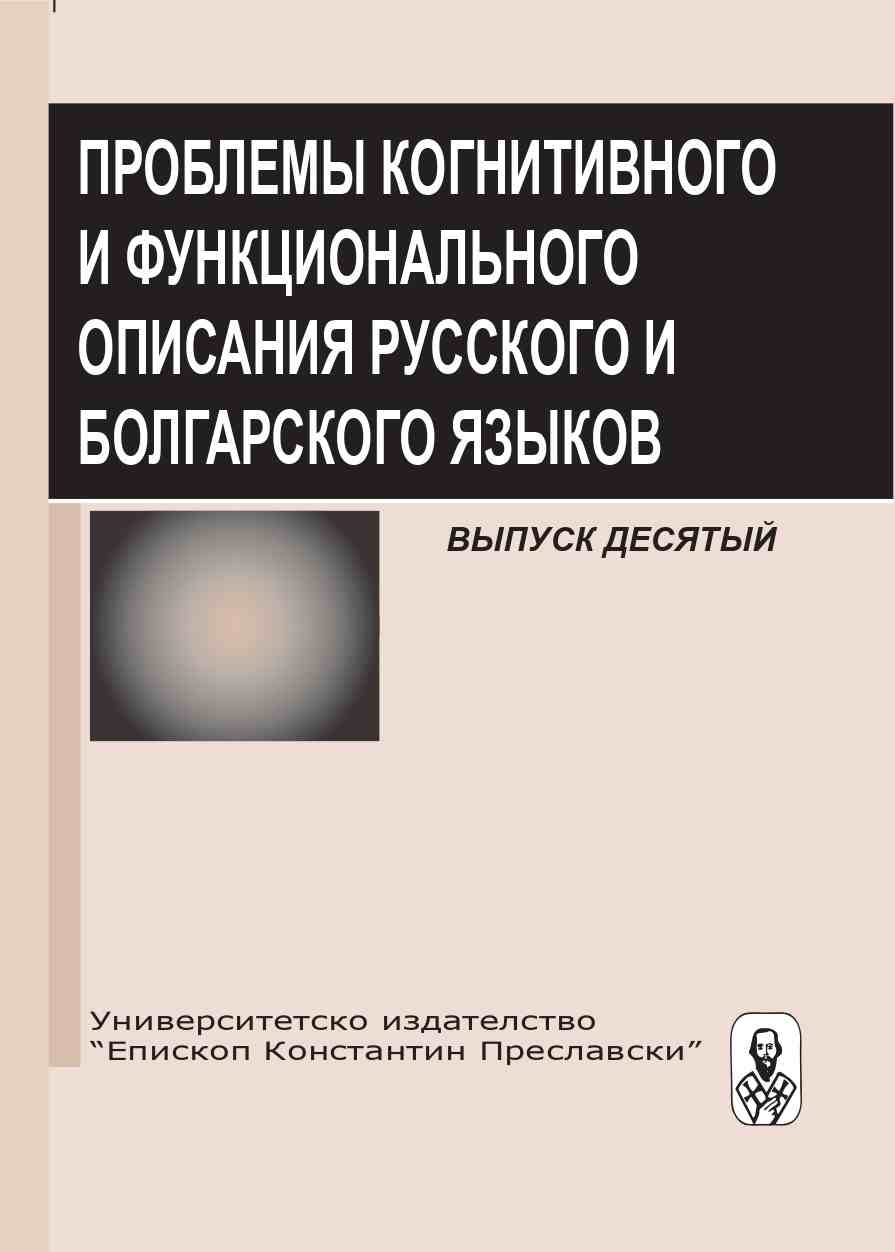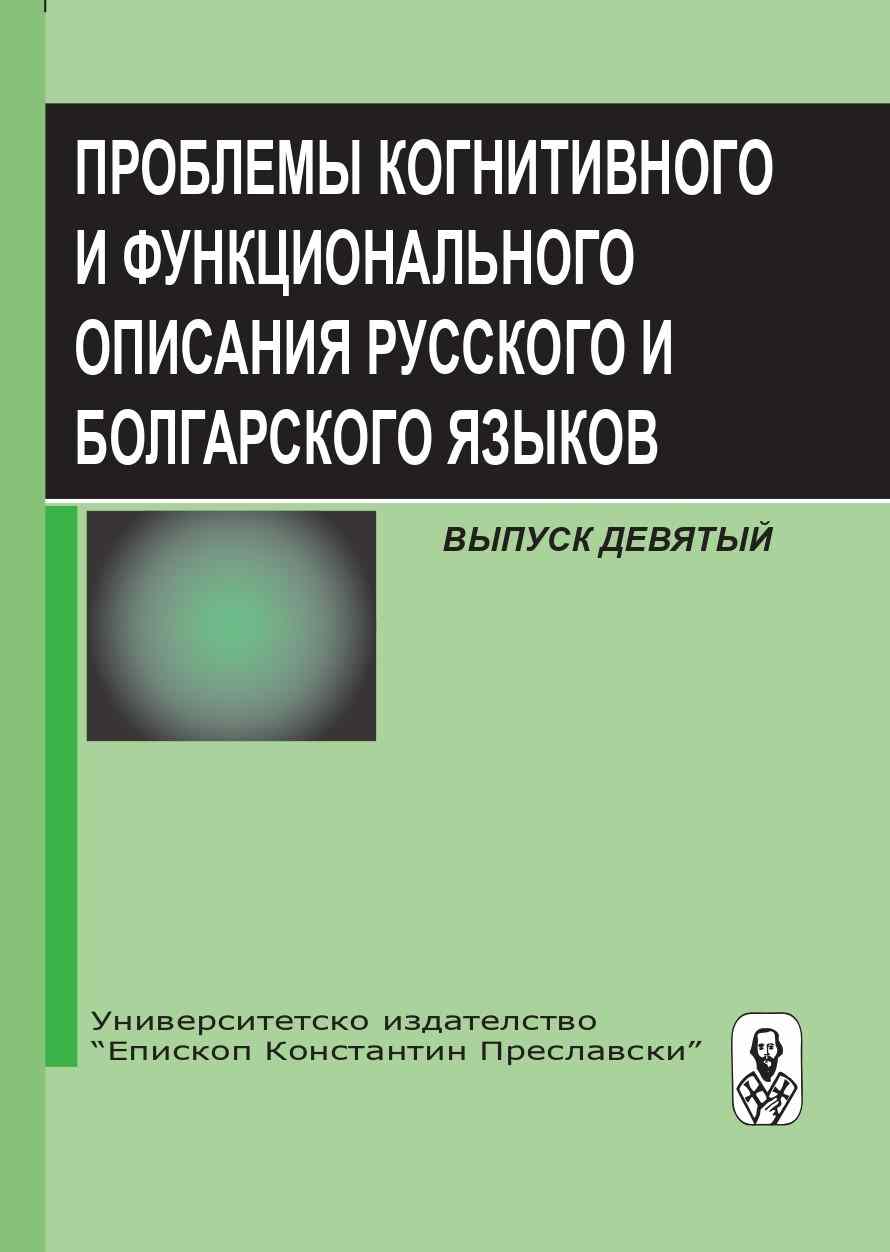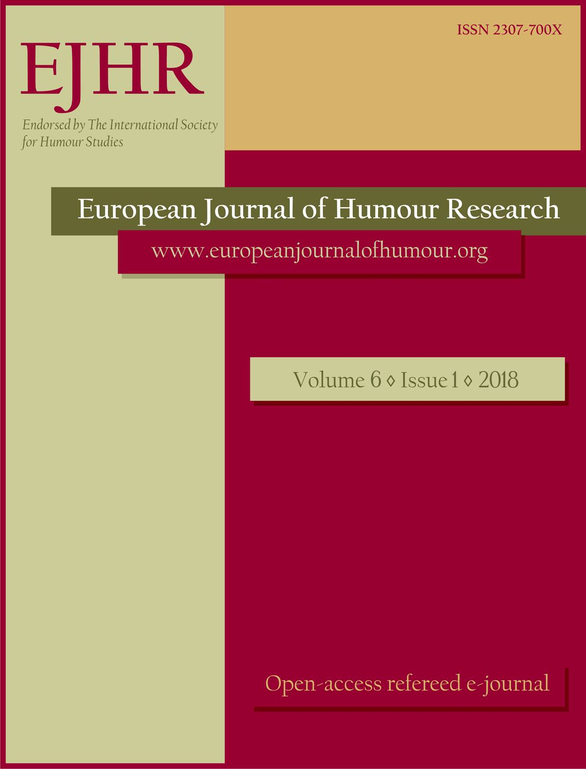
Distinguishing cartoon subgenres based on a multicultural contemporary corpus
A literature review reveals the lack of empirical and theoretical work dedicated to systematically grasping the diversity of cartoons. Most studies have focused on political and/or editorial cartoons and have neglected other subgenres, which however are gaining space in many forms of media—such as gag cartoons. Taking genre discursive studies as a starting point, this paper is aimed at distinguishing cartoon subgenres considering their modal, thematic, pragmatic and rhetorical features. The corpus is composed of 85 cartoons (51 multimodal and 34 solely visual) from 22 countries. This corpus was obtained by means of a questionnaire distributed over 2012-2016 in which cartoonists were asked to choose a cartoon that represented their style and to justify their choice. A combination of both qualitative and multivariate statistical techniques was applied. Results allowed us to distinguish four cartoon subgenres based mostly on thematic and pragmatic features: Daily political; Timeless political; Daily media, arts and sports; and Playful cartoons. From a rhetorical standpoint, Timeless political cartoons showed the highest semiotic density (8-12 resources per cartoon), Daily political cartoons an intermediate density (5-7 resources per cartoon) and Playful cartoons the lowest semiotic density (2-4 resources). This contrast might indicate a difference in the cognitive challenge posed to readers, with a major cognitive effort demanded by political cartoons (Timeless and Daily), in addition to the necessary awareness of current affairs. In line with previous research, metaphor appeared as a characteristic resource in political cartoons followed by irony, sarcasm and allusion. Modal analyses showed that political cartoons relied more on the verbal mode to build their messages than the other subgenres.
More...
